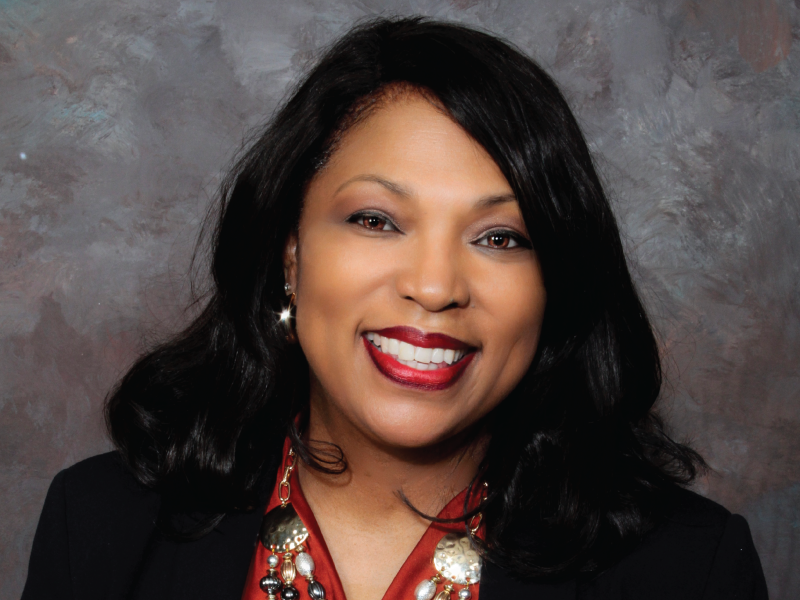The Importance of Lifelong Learning
Apr. 25, 2022
By Dr. Felicia Blow, APR, 2022 PRSA Chair
Nelson Mandela said that education is the most powerful weapon you can use to change the world. As someone who has earned their APR and PhD credentials I wholeheartedly agree, but for me (as I’m sure for others) the concept of education goes far beyond the walls of a classroom, and is not determined by any particular age bracket.
In its essence, lifelong learning is exactly what it sounds like: Continuously taking advantage of and pursuing opportunities in a wide range of activities and settings in order to improve personal and professional skills. The information and insights we acquire along the way help equip us to understand not only why we should, but how we can continue to help ourselves and others make those changes.
In a directly practical sense, as communications professionals we serve the best interests of our clients and organizations, and it’s crucial that we be familiar with the subjects and areas relevant to those interests so that we can speak and write intelligently about them. For example – to name a few – as a NASA intern while at Hampton University (where I presently work) I had to understand turbine and wind tunnel technology; at Caterpillar I learned about excavators and earth moving equipment, and at Southeastern Public Service Authority I became knowledgeable about electrostatic precipitation and how to ensure emissions were clean. I’m not an expert in any of these areas, but it was necessary (not to mention tremendous fun!) to obtain a working knowledge of each, and I recommend this to everyone to ensure they’re at the top of their game.
When asked by students, colleagues or others what skill sets/activities are particularly important for PR pros to have and consistently improve, writing is number one, followed closely by reading. And I’m not talking about the basics of learning how to do either of these, but instead how to take those skills and apply them in ways that consistently improve our roles as communicators. As 2022 PRSA Chair, I would be remiss if I didn’t mention that we offer a large range of professional development opportunities in these and other areas.
At PRSA, April is APR Month, a time when we celebrate the credential and provide information to members who may be interested in pursuing their own APR or APR+M. I know that being accredited has afforded me opportunities that I would not otherwise have had, and I encourage people to learn more about how it might benefit them.
Simply put, learning new subjects and ways of doing things is mission critical to being a great practitioner, and one of the key challenges/opportunities facing all of us right now is the rapid evolution and transformation of technologies. AI, the Metaverse, cryptocurrency, blockchain; we need to embrace these as useful tools that will help us to do our jobs more efficiently, rather than fear them as obstacles to overcome or avoid.
A report from the World Economic Forum found that “upskilling,” or expanding people’s capabilities and growth, could lead to the net creation of 5.3 million new jobs by 2030 and open up opportunities that were previously unavailable to them. The report also suggests that educators everywhere “embrace the future of work as a source of reinvention to normalize lifelong learning.” To that I say,
Bravo. Who knows where the next big thing will take us? We need to stay up-to-date and nimble, so we’re ready to dive in and find out.
According to Pew research, 73% of adults call themselves lifelong learners, while 74% identify as personal learners, meaning they have participated in at least one activity in the past year to advance their knowledge about something that personally interests them. Those are pretty good numbers, but I can’t emphasize enough the importance of the continuous acquisition of knowledge. So, in addition to “for work,” find something that is educational but also that feeds your spirit, and look for things that stretch your mind. You may not have a clue as to how they can be used in your life, but nine times out of ten I believe they’ll show up somewhere. The possibilities are endless.

